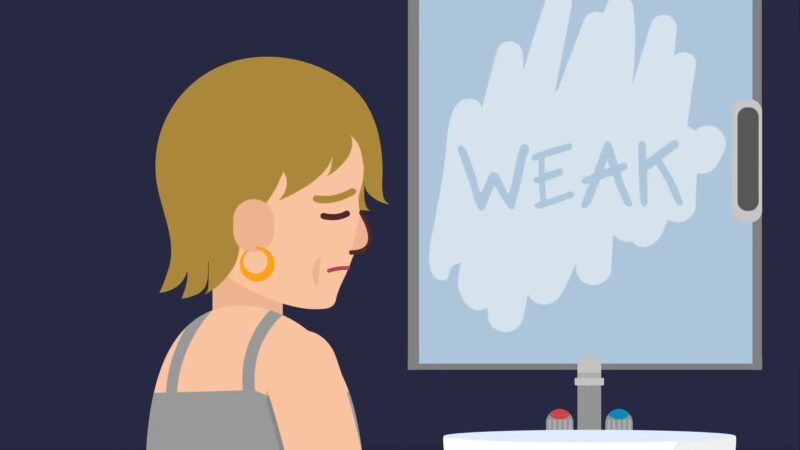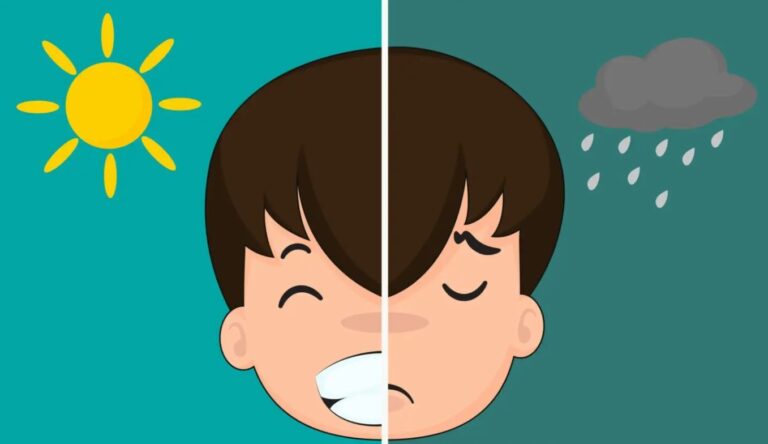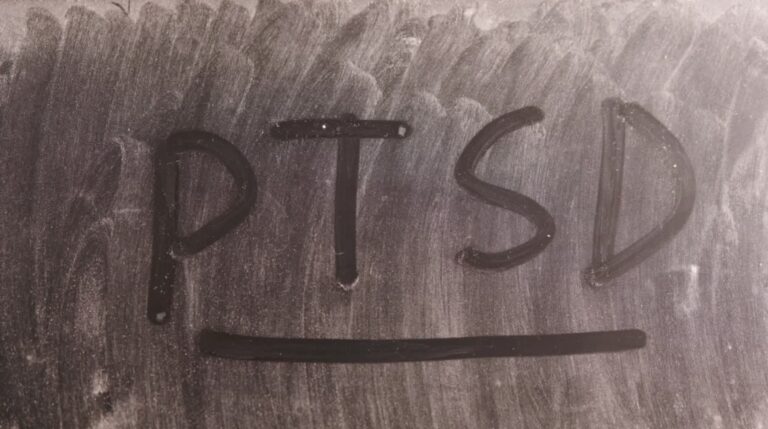Let’s discuss why understanding mental health treatment is so important. According to the World Health Organization, nearly 1 billion people are living with a mental disorder, and 3 million people die every year from the harmful use of alcohol. These statistics are staggering and highlight the necessity for accessible, effective mental health treatment. By understanding what to expect, we can break down the barriers to seeking help and create a culture of acceptance and recovery.
What is Mental Health Treatment?
Treatment encompasses a wide range of therapies and techniques designed to help individuals manage their mental health conditions, improve their overall quality of life, and prevent further deterioration. It includes traditional methods such as psychotherapy and medication, as well as alternative treatments like mindfulness and meditation.
Treatment plans are typically personalized and based on the individual’s specific needs and the severity of their condition. Some might require a combination of medication and therapy, while others might find relief through lifestyle changes and stress management techniques. However, it’s crucial to remember that what works for one person might not work for another; mental health is incredibly individual, and treatment must reflect that.
Types of Disorders
Understanding the wide range of mental health disorders is crucial to grasping the breadth of treatment options. Disorders are conditions that affect a person’s thinking, feelings, behavior, or mood. These conditions include but are not limited to, depression, anxiety disorders, bipolar disorder, schizophrenia, post-traumatic stress disorder (PTSD), and substance use disorders.
Depression, for example, might involve feelings of sadness or a lack of interest in activities once enjoyed. It can lead to physical problems and can decrease a person’s ability to function at work or at home. On the other hand, anxiety disorders involve excessive worry and fear, while bipolar disorder is characterized by periods of extreme mood swings from high (manic) to low (depressed).
Assessment and Diagnosis
Before treatment can begin, an assessment and diagnosis must be made. This process typically involves an interview with a mental health professional, such as a psychiatrist or psychologist, and may also involve questionnaires or psychological tests. It’s an essential step as it helps to identify the nature of the individual’s mental health issues and lays the foundation for an effective treatment plan.
A comprehensive assessment will look at various aspects of an individual’s life and health history, including their physical health, family history, social environment, and any past or present substance use. It’s essential to be as honest and thorough as possible during this stage to ensure the most effective treatment plan can be developed.
Therapy
Therapy, or psychotherapy, is one of the most common forms of treatment. It involves regular sessions with a mental health professional, such as a psychologist, psychiatrist, or counselor, and it’s designed to help individuals understand and navigate their issues.
There are many different types of therapy available, including cognitive-behavioral therapy (CBT), dialectical behavior therapy (DBT), psychodynamic therapy, and family therapy, among others. These approaches differ in their methods and focus but all aim to help individuals manage their symptoms, understand their conditions, and develop healthier coping mechanisms.
In choosing the right professional for therapy, it’s crucial to recognize the distinctions between various mental health experts, such as psychologists and psychotherapists, each bringing unique approaches and expertise to the treatment process.
Medication
Medication is another common component of treatment. It’s often used in combination with therapy to manage symptoms and improve the individual’s quality of life. Psychiatric medication doesn’t cure mental health disorders, but it can significantly improve symptoms and make therapy more effective.
The main types of psychiatric medication include antidepressants, anti-anxiety medications, mood stabilizers, and antipsychotics. It’s essential for individuals and their healthcare providers to discuss the potential benefits and side effects of these medications and to monitor their effects regularly.
Alternative Treatments
While therapy and medication are the mainstays of treatment, there’s a growing recognition of the value of alternative treatments. These can include mindfulness and meditation, yoga, art therapy, and animal-assisted therapy, among others.
These approaches are not intended to replace traditional treatments but can complement them and help individuals manage their symptoms in new and creative ways. Many people find these alternative treatments to be a helpful addition to their regular care routine.
The Journey Towards Recovery
Recovery is a journey that looks different for everyone. For some, recovery involves the reduction or elimination of symptoms, while for others, it’s about gaining control over their lives despite ongoing symptoms. Recovery may not mean “curing” the mental health disorder but instead learning to live with it and managing it effectively.
Support from family, friends, and professionals can play a significant role in recovery. Self-care practices like good nutrition, regular exercise, and adequate sleep can also aid in managing symptoms and maintaining overall well-being.
Stigma and Treatment
Stigma can be a significant barrier to seeking treatment. It involves negative attitudes and discrimination towards individuals with disorders. These prejudices can be deeply ingrained in societal perceptions, creating a culture of shame and silence around mental health.
However, attitudes are slowly changing. More and more, mental health is being recognized as an essential aspect of overall health. Campaigns for awareness aim to break down these stigmas and encourage people to seek help without fear of judgment. Breaking this cycle of stigma starts with education and open conversations about fostering empathy, understanding, and acceptance.
The Importance of Mental Health Treatment
Neglected mental health can have severe implications, impacting every aspect of an individual’s life, from personal relationships to professional growth. It can lead to a lower quality of life, physical health problems, and in extreme cases, can be life-threatening. By seeking and maintaining treatment, individuals can manage their symptoms, improve their quality of life, and even save lives.
The importance of mental health treatment extends beyond the individual. It also impacts society at large, reducing the economic and social burdens associated with mental health disorders. With effective treatment, individuals can return to being productive members of society, contributing to their communities in meaningful ways.
The Role of the Support System
The support system plays a vital role in treatment. This can include mental health professionals, such as therapists and psychiatrists, as well as family, friends, and peer support groups. A strong support system can provide emotional assistance, help with practical matters, and encouragement during the treatment process.
Peer support, in particular, can be incredibly beneficial. Speaking with others who have experienced similar issues can provide a sense of community and understanding, reducing feelings of isolation. Moreover, they can share advice and strategies for managing symptoms, based on their personal experiences.
Crisis Intervention and Emergency Care
At times, individuals with mental health disorders may experience a crisis that requires immediate intervention. This section would cover what to expect during emergency mental health situations, the process of crisis intervention, and resources available for immediate help.
The Financial Aspects
It can, unfortunately, come with a financial burden, and understanding these costs can help individuals and families plan and prepare. This section would discuss different aspects of the financial commitment related to mental health treatment, including insurance coverage, out-of-pocket costs, sliding scale fees, and resources for low-income individuals or families.
Conclusion
Navigating treatment can seem daunting, but it’s a journey that many have taken and successfully managed their disorders. Understanding what to expect in treatment is a crucial first step in this journey. Remember, seeking help is a sign of strength, not weakness. With the right knowledge and support, you can take control of your mental health and start on the path to recovery.
The road to mental health recovery may not be an easy one, but it’s a journey worth taking. As we continue to break down the stigma surrounding mental health, we can foster an environment where individuals feel empowered to seek the help they need. It’s time we place on the same platform as physical health because, without our mental well-being, we are not truly healthy.
Related Posts:
- How Accurate Is the Bipolar Disorder Self-Test? Find…
- Urgent Care for Mental Health Management - Treatment…
- How Social Media Directly Impacts Your Mental Well-Being
- The Importance of Discussing Men’s Mental Health
- How Mental Health Counseling Helps with Anxiety -…
- Probiotics and Mental Health - The Gut-Brain Connection

















